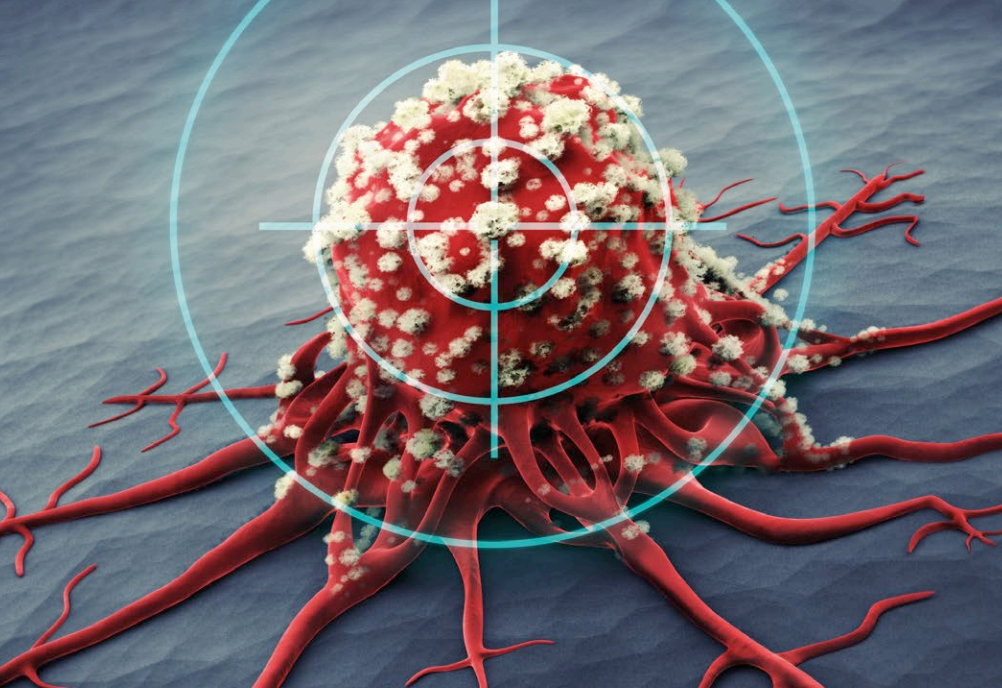Share this Page:
Brain metastases in patients with renal cell carcinoma (RCC) is actually fairly uncommon, occurring in around 8% to 10% of all patients with metastatic RCC. Unfortunately, RCC brain metastases have been poorly studied and have a poor outcome, often with a median overall survival as low as 3 months in people with multiple brain metastases. Also, the majority of clinical trials that have been conducted to date actually exclude patients with metastatic RCC brain metastases.
Current standard treatments for patients with brain metastases include surgery and radiotherapy. However, for those patients who are are not able to have these treatments, VEGF-TKIs, such as sorafenib, sunitinib and pazopanib, are the standard treatments. However, these treatments have difficulty penetrating the central nervous system to reach the brain and spinal cord.
Another VEGF-TKI called cabozantinib acts on the MET and AXL receptors in metastatic RCC, and brain metastases have more MET receptors than primary RCC tumours. This is one reason why cabozantinib has some activity in the treatment of brain metastases.
Nivolumab has also shown some activity in patients with brain metastases, although the response rate was not as high as other tumour types, overall response rate being about 12%. This shows that brain metastases from metastatic RCC express PD-L1 as one of its biomarkers as well.
In conclusion, this is clearly an area of unmet need and further research is needed and we hope patients with brain metastases are included in clinical trials in the future.













